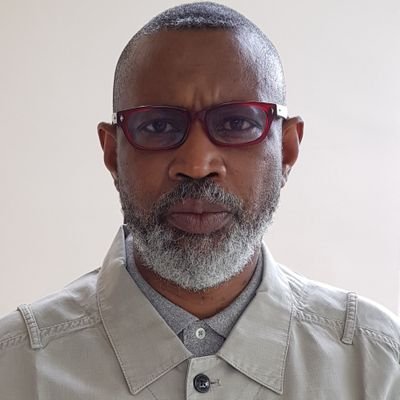Professor of Political Science, N. Oluwafemi Mimiko, mni, has advocated enhanced inclusivity as paramount to enhancing democratisation in Nigeria. He delivered the Keynote Address at the 35th Annual National Conference of the Social Studies Association of Nigeria (SSAN) hosted by Adeyemi College of Education, Ondo. According to Mimiko, democratic governance, with its emphasis on popular participation, majority rule, public accountability, rule of law, protection of human rights and fundamental freedom and respect for minority rights, signified the better route to salvage the conditions of developmentally challenged polities such as Nigeria.
“It is imperative that Nigeria evolves an electoral and representational system that builds on indigenous knowledge, and takes cognizance of local realities, beyond the institutional electoral system of liberal democracy, which has thus far failed to legitimize democracy in the country.”
He identified factors such as a dysfunctional governance structure; a neo-colonial, marginally productive, and non-inclusive economy; mass illiteracy; and deepening poverty as limiting democracy in Nigeria. In his words, the adoption of proportional representation and the parliamentary system of government would promote inclusiveness and functional leadership recruitment processes in the country.
Elsewhere, Prof. Mimiko has advocated enhanced funding regime, accessibility and integration across all levels as critical to a productive and development-focused education system in Nigeria. He was Keynote Speaker at the Ife Education Convention, organised by Nigerian University Education Students’ Association (NUESA), OAU.
He identified poor state of funding, as manifested in poor budgetary provisions vis-à-vis other African countries, as spotlighting the nature of the challenges confronting the Nigerian education system, and depriving it of the support requisite for internal functionality and global competitiveness.
“To overcome the foregoing challenges to its education, and make it a bedrock of development, Nigeria must put in place a creative and sustainable multilevel funding framework led by the State, for education. It must redirect the focus of its education to greater functionality; and expansion of access, as part of a broader commitment to extending the frontiers of human capital development.”
Mimiko, a former Vice-Chancellor of Adekunle Ajasin University, Akungba-Akoko, solicited drastic reforms in the governance of educational institutions, especially in the aspect of resource utilisation.


(2) Comments